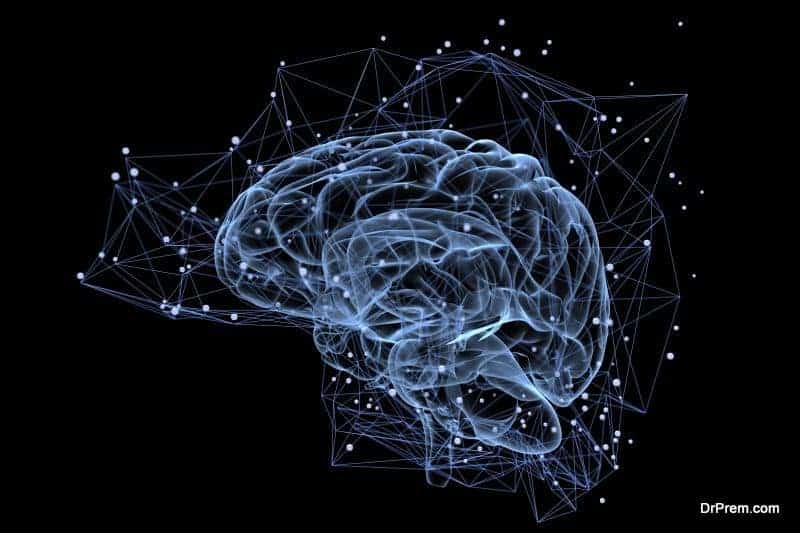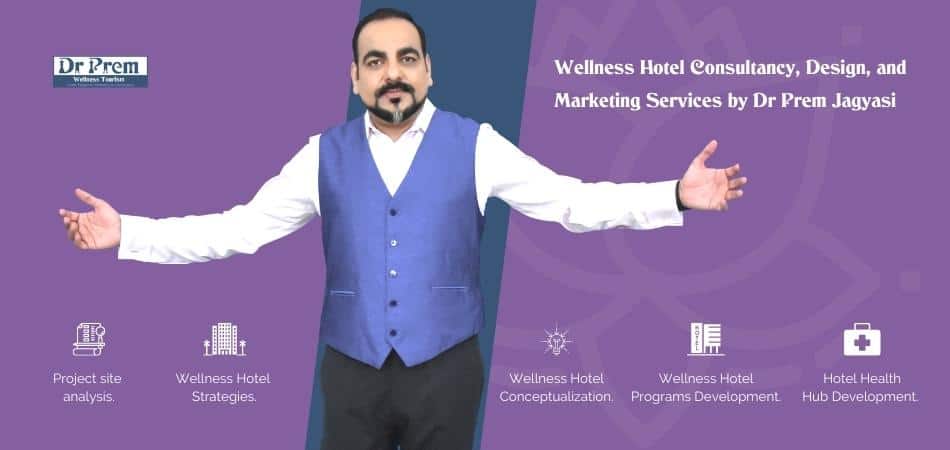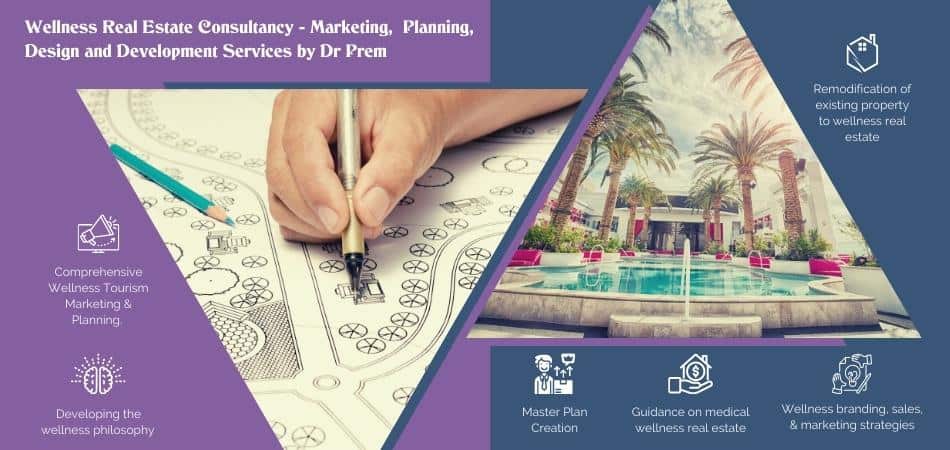Music is a magic in itself – it enchants, soothes, and heals. Music therapy has long been into clinical settings as an alternative treatment for improved health outcomes. There is a growing obsession in wellness music which is unique in many ways and can be experienced by all anytime anywhere beyond the clinical setting. It implies personalizing music or sound for our well-being much beyond listening to our favorite tunes or performing it in different ways (as in traditional music therapy).
According to a research, music has a deep effect on our body and psyche. In fact, nowadays music is used as a therapy in the field of health care which heals the human body and mind. This therapy helps with pain management, fights with depression, calms patients, promotes movement and eases the tensions in the muscle and many more.
The effectiveness of music therapy is profound and powerful in many ways. Some of the effects of music in healing people are listed below:
-
Brainwaves
Music has the power to stimulate brainwaves with the rhythm of the beat, it brings sharper concentration and alert thinking with faster beats, and a slower pace of music helps to maintain a calm and peaceful situation. Also a research has shown that even after you have stopped listening to music hours ago, it has a lasting benefits to the state of your mind. Music has the ability to control the activity of our brainwaves and enables us to work faster.
-
Breathing and Heart Rate
With the change in the brainwaves, other parts of the body respond to the effect of music too. As the brain controls our actions, it also governs our nervous system such as our heart rate and breathing. Music has the tendency to accelerate the rate of our heart. Listening to slow music calms our mind and results slower breathing which means slower heart rate. Therefore music therapy is helping in promoting health, relaxation of mind and preventing stress.
-
State of Mind
Music helps to keep anxiety and depression at bay. This can help our state of mind to ease and prevents stress from affecting our body. Music promotes creativity and increases the optimism levels in our mind.
-
Other Benefits:
Music brings many other benefits in an individual’s life. It helps to lower the blood pressure, ease muscle tension, boost immunity and many more. Music with its profound effect has become a tool to keep the body fit and healthy.
There are many types of music like jazz, rock, pop, opera, metal, country etc. The tastes of music differ from person to person and one should make a playlist of their favorites so that they can listen to them whenever they feel low and depressed. The selection of songs highly depends on the wordings and how deeply it is incorporated in your life. If you are still unsure which type of music to choose from, you can always visit a music therapist as they can assess and evaluate your taste and interests in music in just a single visit.
Music is also used as a means of distraction where the mind is diverted to think something imaginative. During normal childbirth, to distract the mind from the painful labor, women are encouraged to listen to music in order to relax their mind. It is noticed that music also helps in healing pain among cancer patients, during painful menstruation and other aches.
There are many more factors which are healed by music like reducing loneliness, increasing spiritual connection and providing an emotional relinquish. A study says that music is good for the heart and therefore a good heart means a healthy body. There is a direct connection between music and the heart which helps people in their well being.
Wellness music is unique
In simplest of form, any music that helps you feel better by listening to it is wellness music or music as medicine. Wellness music has some unique compositions as researchers call it ‘Sonic Vitamins’ that nourish your mind and body. Newer experiments, technology, and experiences are creating intentional music as medicine helping people enhance their wellness as per their needs.
Music as precision medicine for stress, anxiety, and sleep
According to findings in research, neural pathways regulated by psychostimulants and the like are similar to that affected by music. Music has a universal appeal, and large studies have measured the impact of beats, key, notes, and timbre on our brain activities, heart beats and sleep patterns. Music as precision medicine is getting applied in clinical settings to treat sleep disorders, anxiety, depression, fatigue, movement issues, stroke rehab and pain.
Wellness music – The emerging music channel
Millennials are listening to music more to feel good
According to a Samsung UK study, nearly a quarter of millennials are listening to music more than five hours a day in 2020 compared to 2019. More than 50 percent rate this as the number one source of feel-good factor.
Music is the most preferred tool to beat stress and depression
A NYU Global study found, people used music as the most preferred tool to tackle pandemic-related anxiety more than sex, workout, and alcohol. Music also helped in lowering their depression.
Wellness music is the new genre
Wellness music emerged as a ‘genre’ in music streaming sites like Spotify 130 million subscribers), Amazon Music (55 million), Apple Music (70 million), and YouTube (20 million).
Integration with devices
With stress and anxieties at all-time highs, we find more wellness music integrations in smartphones, TVs, apps, OTT platforms, and wearables. More artists are getting into experimenting with wellness music that heals.
Wellness music getting personalized
Music streaming sites has curated lists meant for sleep, stress, calming mind and all.Users have the option to personalize wellness music for their self-care whereby you can put in your preferences and the playlist will be served to you accordingly.Expect more personalized music experiences from these streaming sites to meet your daily-basis wellness needs. It will study your physical and emotional state from a set of behavioural patterns and curate a playlist for you.
Mental health apps tap wellness music
Calm and Headspace, the leading meditation apps have turned into full-blown studios creating music for wellbeing. Calm is leading by streaming hundreds of millions of music. Both Calm and Headspace are roping in music stars to create original music for meditation, stress reduction and sleep.
Apps to connect you more with wellness music
Driven by AI, these apps will analyze massive data and music and create unique playlists based on your age, culture, tradition, and childhood to give a relaxing feel by reliving memories. Studies have shown such apps serving meditation and other music tracks at a specific frequency sync with brain and reduce heart rate.
Generative Music – Biometrics get wed to tech radically evolving music-as-medicine
Music streaming sites can use algorithms to create your personalized wellness music playlist. But “Generative Music” is created from the unique matching of AI and your biometrics.
Platforms crunch your biometrics and positional data to create an ever-unfolding wellness sound environment with unique mixes of chords, beats, tones, notes, and keys to guide your mind or body in the right direction – whether to slow down, build focus, fall asleep, or wake up.
All your data from wearable, your circadian routine, weather get captured to create the neuroscience-based soundscape only for you. Generative wellness music technologies are creating fascinating listening environments catering to diverse mental and emotional wellness needs of people.
Music for fitness
The demand for music for fitness in virtual platforms has skyrocketed unprecedently. Surprisingly, fitness instructors are donning the hats of DJ! Fitness apps are not lagging behind in integrating music in rhythm with the workouts.
However, there is a paradigm shift in wellness music consumption. Previously, if was consumers who spun around artists, song, music, and the genre but now they demand music for their mental and physical wellbeing at times of their need. Let us see how music industry, cutting-edge technology, artists, and the streaming sites respond better to it.















